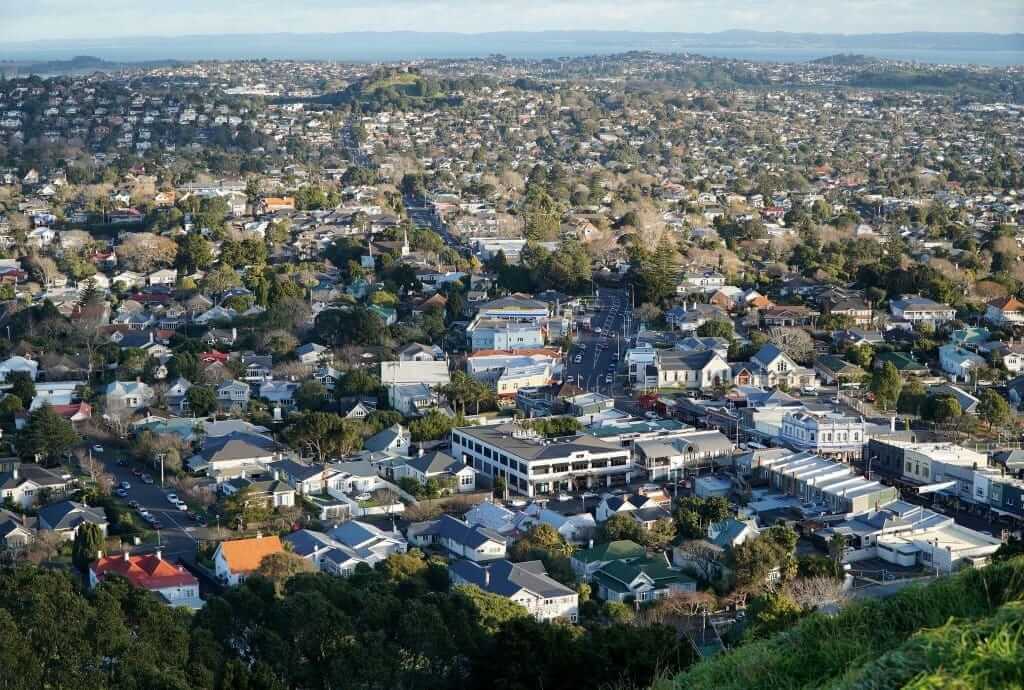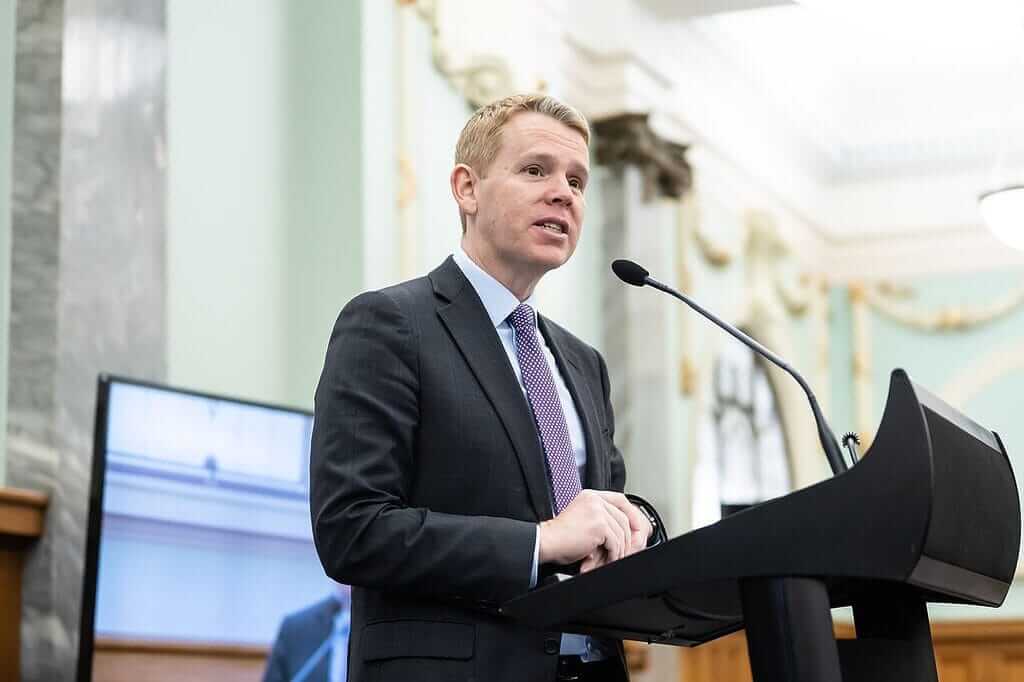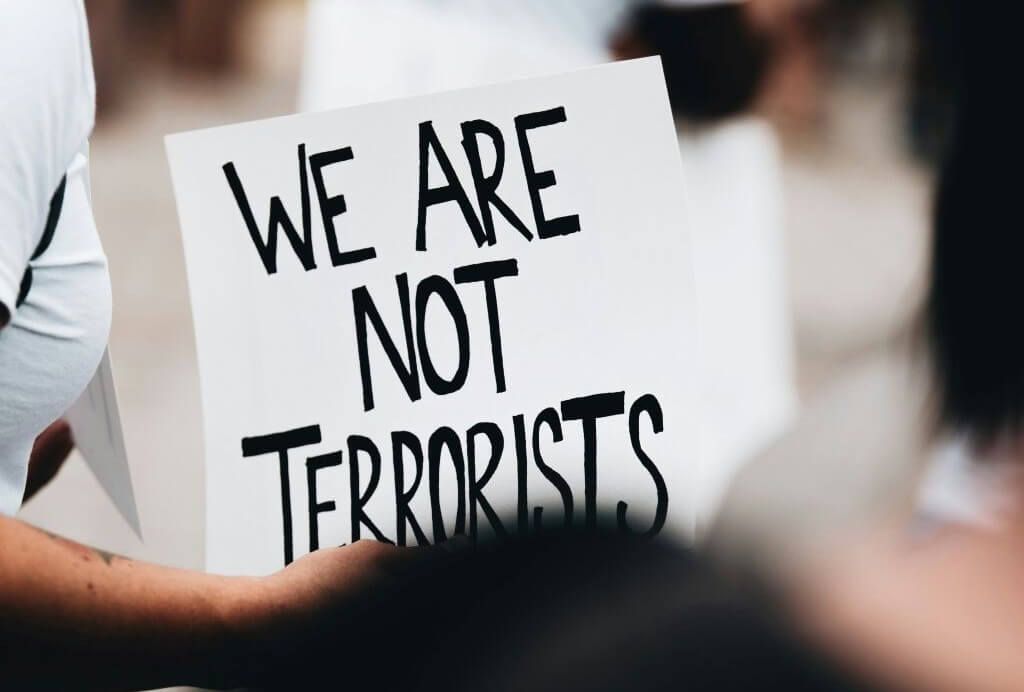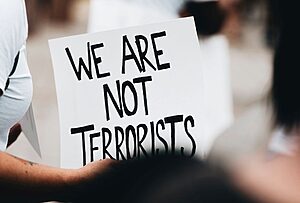In brief
- The employment court ruling in favour of Dr Siouxsie Wiles (for $20,000) protects academic freedom even when it involves controversial views.
- The University of Auckland’s attempt to limit Wiles’ speech, citing health and safety issues, was rejected by the court, on the facts.
- The media’s portrayal of Wiles as a victim often overlooked that her advocacy became highly controversial to many.
- The university never argued that Wiles was being political, perhaps because they share the same progressive politics.
- Under different circumstances, the line between politics and simply conveying information could matter to the court.
Blurred line between academic freedom and political advocacy
Dr Siouxsie Wiles’ case against the University of Auckland avoided the blurred line between academic freedom and political activism.
The court specifically noted that Wiles’ was entitled to publicise her views, which were mainstream and widely available.
The court did not support the university’s attempt to limit her public commentary for health and safety concerns and instead said that the university should have done more to allay Siouxsie’s concerns about threats.
The court also did not support Wiles’ claim that the university’s instructions to reduce her public activities around COVID were inconsistent with her and the university’s obligations under the Treaty of Waitangi to support Māori.
For the record, there never was any actual violence against Siouxsie, but there were threats that should not have been made and that would be concerning for anyone.
A win for free speech
This ruling affirmed that academic freedom should work in conjunction with other obligations, like health and safety, without one undermining the other.
This suggests that academic discourse should be protected even when it includes views that the university or Wiles might oppose.
However, this case resembled a disagreement within a family, where both sides shared similar progressive views.
While the university did challenge Wiles’ actions, they framed it within the context of health and safety rather than arguing her speech, at some point, became political activism.
This framing sidestepped a challenge to the boundary between academic freedom and political activism.
The case did not help resolve the question, which we suggest is going to depend on the facts of a specific case, of where the grey line is between academic discourse and political advocacy.
Does Wiles deserve a pedestal?
Both Auckland University and the mainstream media had placed Wiles on a pedestal, with the latter also portraying her as a victim of unjust harassment.
These portrayals overlook her controversial advocacy and unwavering support of government COVID policies that harmed many in the public, who lost jobs and businesses, for instance.
Also, Wiles had no issue with publicly slurring others when their point of view disagreed with hers. For example, her response to critics, who were sceptical of Mātauranga Māori’s equivalence to Western science, labelled them as engaging in ‘scientific racism.’
This view seemed to be endorsed, at least in principle, by the university’s vice chancellor, Dawn Freshwater, who also defended the university in court.
According to The Platform’s Michael Laws, Wiles, an “attention seeker,” sought the spotlight even prior to COVID. Laws said her distinctive pink hair and the alteration of her first name were efforts to draw attention to herself and he didn’t like her playing the victim card.
While Laws acknowledged that some reactions to her were unhinged (albeit non-physical), they were a foreseeable result of her being prominent amongst those advocating taking away the most basic of freedoms from ordinary New Zealanders.
“You sought this attention… you can’t then turn around and say ‘oh I’ve got this reaction now from people who don’t like me,’” Laws told listeners.
“If you followed or extrapolated what Siouxsie Wiles did… then anybody who takes any public role… is entitled to demand from their employer that I be protected from people venting on social media… that is madness,” he stated.
This is where the question of “where is the grey line” between politics and your day job comes into play.



















